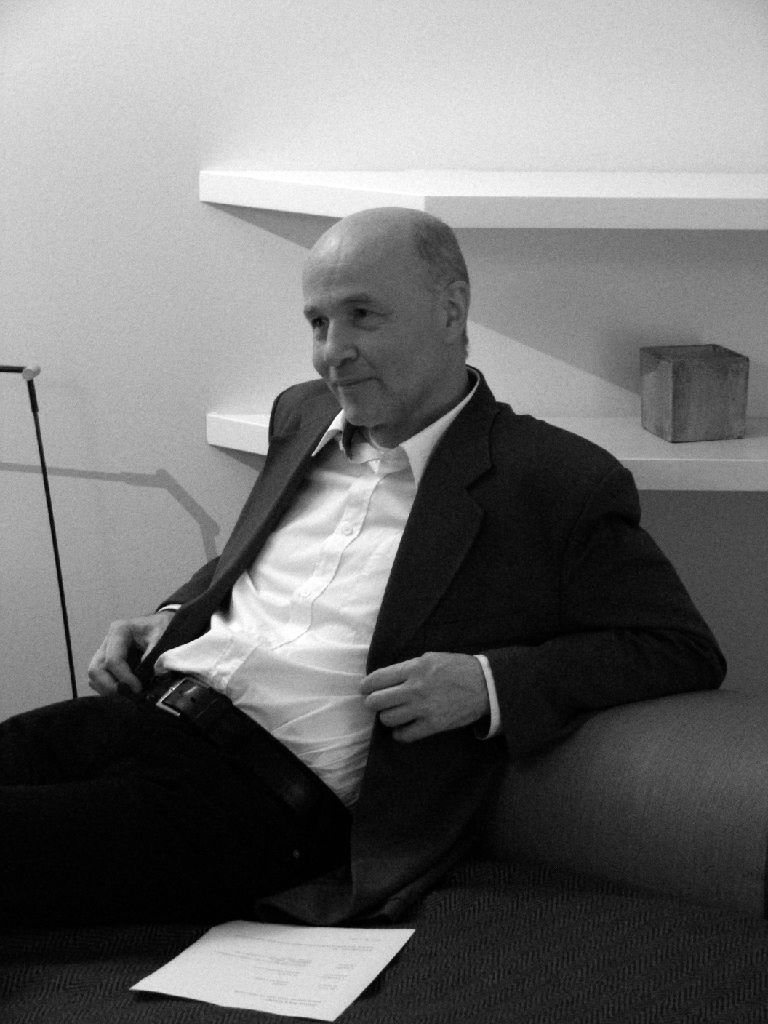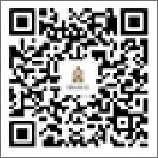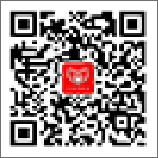
马丁·艾布尔(Martin Eybl)是德国维也纳音乐与表演艺术大学音乐史教授。自1991年至2004年,其任教于维也纳大学,2012年任教于芝加哥大学。2000当选为奥地利著名的纪念碑音乐系列版次编辑委员会成员,自2007始任该版次主编。2015又任阿尔班·贝尔格(Alban Berg)作品集版次主编。自2013,始任奥地利音乐学会会长。
其研究主要集中在二十世纪初的美学和音乐理论、早期音乐版本和十八世纪奥地利音乐。发表了关于申克尔·H(Heinrich Schenker)调性音乐理论的发展及其历史地位(1995)和阿诺尔德·勋伯格(Arnold Schenberg)在维也纳早期音乐表演丑闻(2004)的书籍,进而有关于彼得·梅辛斯(Pieter Maessins)(1995)和约翰·约瑟夫Johann Joseph(2000,2009)的重要作品版本以及从1740到1780奥地利音乐史的研究。
艾布尔(Eybl)目前正在进行两个由奥地利科学基金会资助的研究项目:一个是申克尔日记在线版研究,另一个是对1755–1780维也纳音乐文化传递的进一步研究。
Martin Eybl is Professor of Music History at the University of Music and Performing Arts Vienna. He was teaching at the University of Vienna (1991 to 2004) and the University of Chicago (2012). In 2000 he was elected member of the editorial board of the well-established edition series Denkm?ler der Tonkunst in ?sterreich, where he also acts as chief editor since 2007. In 2015 he took over the same position at the edition of Alban Berg’s Collected Works. Starting in 2013 he is President of the Austrian Musicological Society.
His Research is focused on aesthetics and music theory in early 20th century, editions of early music, and Austrian music of the 18th century. He has published books on the development and historical position of Heinrich Schenker’s theory of tonal music (1995) and the scandals at early performances of Arnold Schoenberg’s music in Vienna (2004), further critical editions of works by Pieter Maessins (1995) and Johann Joseph Fux (2000 and 2009) as well as studies on Austrian music history from 1740 to 1780.
Eybl is currently conducting two FWF-funded research projects: an online-edition of Schenker’s diaries and an extended study on cultural transfer of music in Vienna, 1755–1780.
二十一世纪的音乐理论:任务和挑战
Music Theory in the 21st Century: Tasks and Challenges
摘要:
纵览欧洲和北美洲的现状,毫无疑问,音乐理论已经进入一个关键阶段。几十年来,音乐理论家们扩大了研究领域,成功建立像里曼主义、申克尔主义、音级集合等特殊分析法。如今,大学和学院减少了大量理论课程并进行裁员。传播缺乏一定方向,不仅是由对音乐经典性和杰作的学科性定义的批判性讨论造成的。强烈关注音乐实践背景的研究挑战了音乐结构的详细研究。
加强学科的学术地位应该建立在三个前提之上。首先,必须摒弃单一方法控制理论实践。音乐理论应该综合多个视角和方法,从而从一个系统性学科转向同时采用不同历史方法和手段的基本性历史学科。第二,当代音乐的工具,尤其是用于作曲和演奏的电子手段和软件,应该成为音乐理论研究中的重要课题。最后,我们应该把分析主要看作是一种实践,而不一定是生成文本的学科,因此应该把重点放在分析过程而不是分析结果上。音乐分析需要练习;应提供足够的课程时间。它需要不同想法的碰撞,因此应该小班教学。并且分析过程应结合音乐练习;演奏数字低音和分部法应该是教育和乐器演奏可替代的分析性理解的重要组成部分。
Abstract
Overlooking the current situation in Europe and North America, there can be little doubt that music theory has reached a critical stage. For decades music theorists have expanded the field, successfully establishing specific approaches like Riemannism, Schenkerism, Pitch class analysis etc. Today Universities and Conservatories reduce the number of theoretical courses in the curricula and cut jobs. A certain lack of orientation is spreading, not at least caused by the critical discussion of musical canons and the notion of master works that is going on in musicology. Research strongly focused on the contexts of musical practice is challenging detailed studies of musical structure.
In order to strengthen the academic position of the discipline we should build on three premises. First, we have to dismiss the idea of one single method dominating our theoretical practice. Music theory should integrate multiple perspectives and methods, and thus turns from a systematic to an essentially historical discipline that equally incorporates different historic methods and approaches. Second, the tools of contemporary music, especially electronic means and software used for composition and performance should become essential subjects in the study of music theory. Finally, we should consider analysis primarily a practice, not necessarily a discipline producing texts and therefore should focus on the process of analyzing instead of the results of analysis. Musical analysis needs exercise; we should provide enough time in the curricula. It needs discussion of alternative solutions and thus should be taught in small groups of students. And the process of analyzing has to be linked to musical practice; playing figured bass and partimento should be important part of the education as well as performing alternative analytical interpretations on an instrument.



